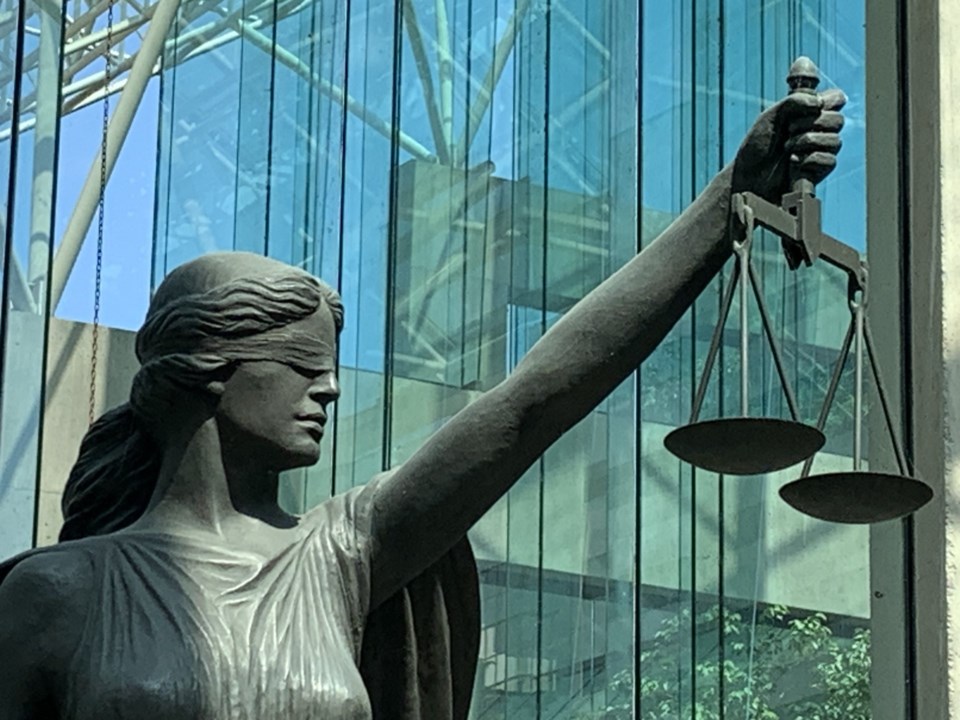B.C.’s Court of Appeal has acquitted a woman convicted of assault for coughing on a man and pushing a shopping cart into another person during the COVID-19 pandemic.
Kimberly Brenda Woolman was convicted by Campbell River Provincial Court Judge Barbara Flewelling on April 23 of causing a disturbance and two counts of assault.
The trial judge found she shouted and disturbed grocery store employees and other customers.
The judge also found that she assaulted one employee by intentionally coughing in their direction, and assaulted another by intentionally pushing her shopping cart into him.
During her trial, Woolman fired her lawyer and conducted her own defence.
She told the judge she intended to call a character witness, a move the Crown called irrelevant.
“The judge ruled against admissibility, holding that character evidence can be helpful in sentencing proceedings, but character evidence is not admissible on a trial proper whether led by the Crown or an accused,” B.C. Supreme Court Justice Douglas Thompson ruled.
Thompson called that ruling an error.
“I conclude with little hesitation that the error of law was not harmless or minor,” he said in the Feb. 8 decision
“It is impossible to know whether the accused might have chosen to testify if the character evidence were not excluded,” Thompson said.
He said the body of evidence Flewelling weighed around — such as the volume of Woolman’s voice — would not have been the same if the character evidence were heard.
“It is a reasonable supposition that the excluded character evidence would have been to the effect that the appellant’s reputation is as a peaceable person, and the record may have included evidence from the appellant about how loud she was speaking,” the ruling stated.
“The appeal is allowed and the convictions quashed,” Thompson said.

